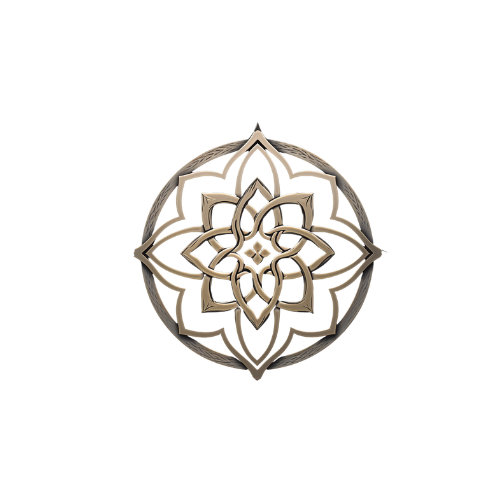Hormonal health is key to overall health, women have always understood this and now men are becoming more aware.
Hormones are chemical messengers produced by various glands in the endocrine system. They travel through the bloodstream to tissues and organs, where they regulate numerous bodily functions, including growth, metabolism, reproduction, and mood.
Assessing our hormonal health can be a great indicator of future health, it tells you exactly what is happening in your body right now. Short term dysregulation is nothing to worry about as the body can return to its natural rhythms but long-term dysregulation can lead to other negative outcomes.
There are several tests, from blood tests to urine tests, but a quick checklist of how you are feeling can be a good indicator
Elevated Cortisol
- Waking early in the morning
- Constantly stressed & worried
Elevated Estrogen
- PCOS, early puberty
- Gynecomastia (enlargement of male breast tissue)
- Obesity, stomach for Male and hips for Females
Low Melatonin
- Difficulty getting asleep
- Poor sleep quality
Thyroid
- Weight gain
- Difficult losing weight
- General malaise and tiredness, low motivation
- Palpations and unrest (hyperthyroidism)
Of course, these symptoms on their own are not always an indicator of hormonal imbalance but it is certainly worth a discussion with a Health Care Professional if these symptoms prolong or you have a combination of these. We would recommend (no affiliate) the DUTCH test, as urine is the gold standard.
As we age our hormones downregulate, peri-menopause can be very challenging and working with an Endocrinologist can be very helpful for some individuals. As the female body downregulates Estrogen we often see a reduction in bone density.
It is recommended to try to get a Dexa scan in your early 40’s as a baseline. We would recommend high quality Magnesium, Vitamin D and Vitamin K and some manufacturers provide this as a formula, these nutrients are responsible for transporting calcium in the blood to the bones, you can have lots of circulating calcium but if it does not get to the bones, it does not do what it needs to do.
Weight baring exercise is also key as we age and it can help maintain muscle mass which is supportive to bone health and the musculoskeletal system, you don’t have to lift crazy heavy weights but you do need a regular routine where you lift and at 10 reps it starts to feel difficult. Start with low weight and build a tolerance.
Hormones are very clever, when you start to take then externally your body downregulates and stops making them or makes less, for men especially we urge caution with testosterone and always work with a professional!
Other key points
Exercise and Hormonal Balance
Avoid Prolonged High-Intensity Exercise: High-intensity exercise can raise cortisol and adrenaline levels, which can interfere with thyroid hormone metabolism, blood sugar regulation, and adrenal health.
Impact on Women’s Health: Excessive high-intensity or strenuous exercise can lower progesterone levels in women, leading to decreased fertility and altered menstruation.
Prevent Over-Exercising and Under-Eating: Over-exercising combined with under-eating can negatively affect metabolism, emphasizing the need for balanced exercise habits. We see a lot of Intermittent fasting (IF) while there is a lot of evidence to support the positive impact of this make sure you still get your calorific load, ideally from high quality whole foods. You wouldn’t expect to drive your car 200KM on €10 of petrol, don’t expect your body to do it!
Overall, maintaining hormonal health involves a balanced approach to exercise, diet, stress management, and detoxification to ensure optimal functioning of various bodily systems.
Remember we are here to help and we can provide the support you need through our coaching services https://celticsophia.com/makeabooking

Comments are closed